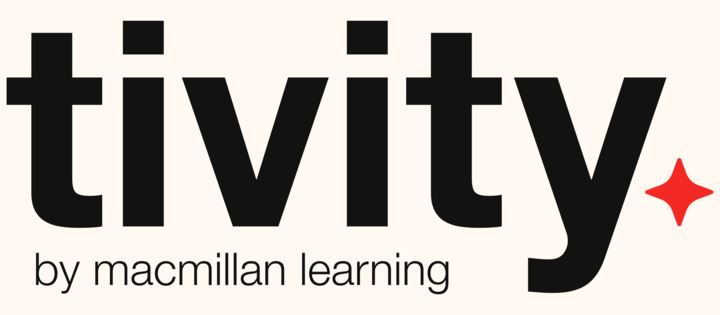Find what you need to succeed.
Texts and digital tools for the classroom
Achieve
-
1
Step One
Enter the course ID provided by your instructor to find your course
-
2
Step Two
Select your purchase option and complete checkout.
-
3
Step Three
Once you check out, you'll receive an email with a link to your course. (You can also find the link under My Account.)
LaunchPad
-
1
Step One
Search for your product by title.
-
2
Step Two
Select the LaunchPad option from the product page. You'll be prompted to search for your school and choose your course.
-
3
Step Three
Select your purchase option and complete checkout.Once you check out, you'll receive an email with a link to your course.(You can also find the link under My Account.)
Sapling
-
1
Step One
Search for your school and select your course
-
2
Step Two
Select your purchase option and complete checkout
-
3
Step Three
Once you checkout, you will receive an email with link to your course. You will also see the link under My Account.

Introducing Tivity by Macmillan Learning
A new app to help you stay on track with school and life.
Tivity is a smart companion for everyday life that helps you take control of your time, manage schoolwork, and find balance in life. Powered by AI, Tivity integrates with Canvas to automatically generate a task list each day so you complete required work—making time management less stressful.
Now available to students for free on the Apple App Store.
Get Tivity today Canada
Canada
